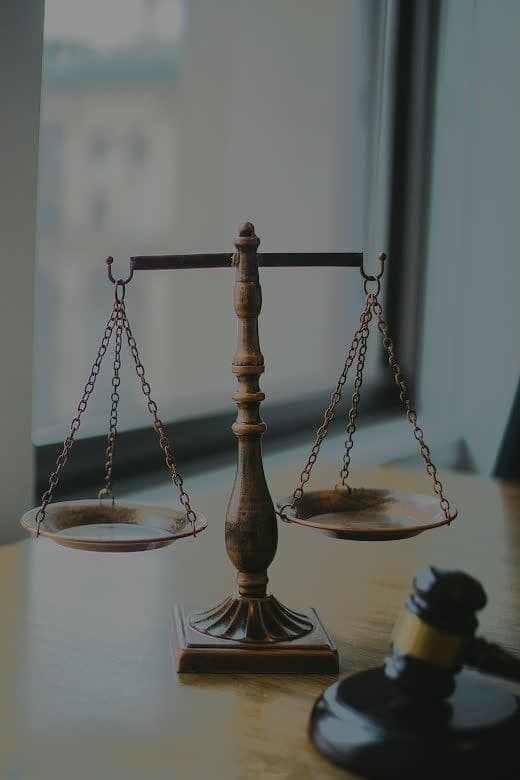







Legal matters can be stressful, but working with your lawyer shouldn't be. We believe in open, honest conversations in a supportive environment. If you don't feel heard, informed, and empowered at every step, we're not doing our job right.
When legal challenges arise, you need a team that understands complex disputes. We've handled intricate cases, and won. Our clients trust us to navigate this complex legal landscape while protecting their interests.
We are not here to mess around. We take on your case with dedication, protecting what matters most to you and delivering strong, strategic representation when you need it most.
You deserve transparency. That's why we offer a free initial consultation—so you can meet us, ask questions, and see if we're the right fit. When it comes to costs, you'll know exactly what to expect. We offer fixed-fee options and cost caps to ensure there are no surprises, giving you financial clarity from the start.